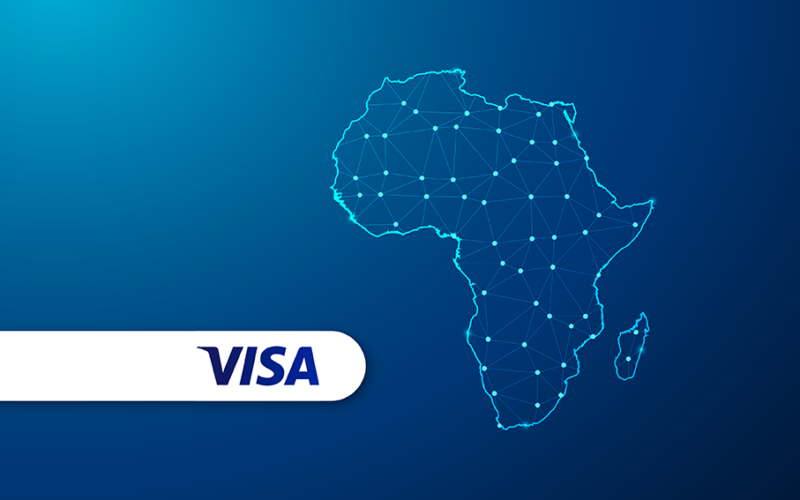Galaxy Backbone (GBB), Nigeria’s federal digital infrastructure and shared services provider, has issued an urgent call to action for public and private organizations to prioritize disaster recovery as a strategic necessity rather than treating it as an IT afterthought — a message that resonates across Africa’s rapidly digitizing economy.
In an official statement that underscores the growing sophistication of cyber threats targeting African institutions, GBB stressed that as data becomes central to governance, commerce, and service delivery, Nigerian organizations must prepare for disruptions not as hypothetical risks, but as inevitable events. The warning comes as cyberattacks against African organizations have increased by 38% year-over-year, according to recent security reports.
“Disaster recovery is no longer just an IT service — it is a business continuity strategy,” GBB said in the statement. “The question is not if disruption will happen, but whether organizations are prepared to recover.”
Building Africa’s digital resilience infrastructure
The federal agency highlighted its Tier III and Tier IV data centers in Abuja and Kano as critical components of the country’s defense against digital crises. Built to global standards with fault-tolerant architecture, these facilities offer secure hosting, off-site replication, and high-availability systems designed to withstand both physical and cyber threats.
The centers operate under ISO 22301-certified business continuity frameworks that prioritize operational resilience and data sovereignty — a particularly important consideration as African governments increasingly focus on keeping sensitive data within continental borders.
“We combine secure infrastructure with rapid failover capabilities to ensure seamless continuity,” GBB added. “Our services allow clients to recover operations quickly and safely within Nigeria’s borders.”
This emphasis on data sovereignty aligns with broader continental trends, including the African Union’s data protection initiatives and Nigeria’s own Data Protection Regulation requirements.
Beyond technology: The human factor in disaster preparedness
Moving beyond pure infrastructure play, GBB emphasized the critical importance of proactive planning, internal training, and continuous testing — areas where many African organizations remain vulnerable. The organization actively collaborates with clients to identify critical systems, conduct realistic simulations, and refine response strategies to meet achievable recovery time objectives.
This holistic approach reflects lessons learned from high-profile incidents across the continent, where technical solutions alone proved insufficient during crisis scenarios. Recent ransomware attacks on South African municipalities and data breaches at major Nigerian banks have highlighted the need for comprehensive disaster recovery planning that includes human elements.
Economic impact and national security implications
For government agencies, GBB’s disaster recovery services help maintain uninterrupted public services and regulatory compliance — increasingly critical as Nigeria pushes toward comprehensive digital government initiatives. The economic implications are substantial: a single day of downtime for a major government system can cost millions in lost productivity and erode public trust in digital services.
For businesses, particularly in Nigeria’s booming fintech sector, robust disaster recovery translates to reduced downtime, lower financial losses, and increased customer trust. Nigerian fintech companies, which processed over $2 billion in transactions last year, face particular scrutiny from regulators around operational resilience.
“With the growing scale of cyber threats and digital interdependence, disaster recovery is critical to national resilience,” GBB concluded. “We are not only protecting data — we are future-proofing Nigeria’s digital journey.”
The broader African context
GBB’s warning comes as other African nations grapple with similar challenges. Kenya’s recent cybersecurity incidents and South Africa’s ongoing infrastructure challenges underscore the continental need for robust disaster recovery planning.
The timing is particularly significant as African governments and businesses increasingly rely on digital infrastructure for everything from mobile money services to e-governance initiatives. As this digital dependency grows, so does the potential impact of system failures and cyber incidents.
Industry experts suggest that GBB’s proactive stance could serve as a model for other African nations looking to strengthen their digital resilience capabilities while maintaining data sovereignty — a critical balance as the continent’s digital economy continues its rapid expansion.












